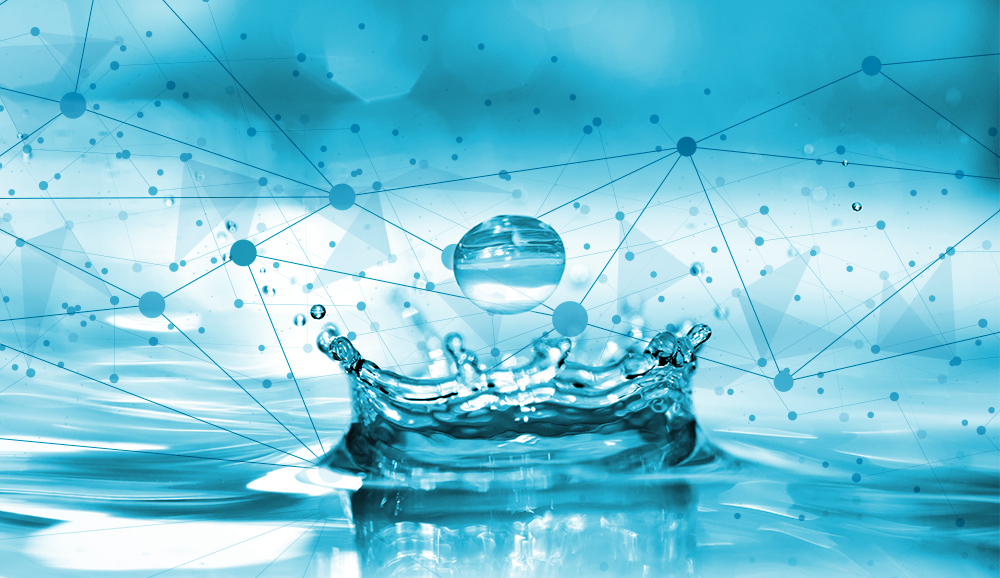Water is one of the most essential resources on our planet, yet billions of people still lack access to clean and safe drinking water. Contaminated water sources can lead to a wide range of health problems, including waterborne diseases and even death. In order to address this global issue, innovative clean water technologies are being developed and implemented around the world to purify water sources and make them safe for consumption.
One of the key challenges in providing clean water is removing contaminants such as bacteria, viruses, and chemical pollutants. Traditional methods of water purification, such as boiling or using chlorine, can be effective but are often time-consuming, expensive, and may not eliminate all types of contaminants. Fortunately, advancements in clean water technology have led to the development of innovative solutions that can provide safe drinking water faster and more efficiently.
One such technology is membrane filtration, which utilizes a porous membrane to separate impurities from water. This method effectively removes suspended particles, bacteria, and viruses, providing a reliable and efficient way to purify water. Another promising technology is the use of advanced oxidation processes, which involve the generation of reactive molecules to break down and remove organic pollutants.
The Importance of Clean Water
Access to clean water is essential for the survival and well-being of all living organisms, including humans. Clean water is not only crucial for drinking, but also for cooking, bathing, and sanitation purposes. It plays a vital role in promoting and maintaining good health, preventing the spread of diseases, and ensuring a high quality of life for individuals and communities.
Purified water is free from harmful contaminants, such as bacteria, viruses, chemicals, and pollutants, which can cause various health problems. It helps reduce the risk of waterborne diseases, such as cholera, dysentery, and typhoid, which are major public health concerns in many parts of the world. Clean water is also important for proper hygiene practices, as it allows for effective handwashing and cleaning of utensils and surfaces, which helps prevent the spread of infections.
Furthermore, clean water is essential for agricultural and industrial activities. It is necessary for irrigation and livestock farming, ensuring the growth of crops and the production of food. Industries rely on clean water for manufacturing processes and cooling systems. Without access to clean water, agricultural productivity would decline, and economic growth would be hindered.
In conclusion, clean water is a precious resource that is vital for the health, well-being, and development of individuals and communities. It is necessary for drinking, cooking, sanitation, and various other purposes. By investing in clean water technologies and promoting water conservation, we can ensure a sustainable future where everyone has access to clean and safe water.
Revolutionary Technologies for Water Purification
Access to clean and safe drinking water is a fundamental human right. However, millions of people around the world still lack access to this basic necessity. Fortunately, technological advancements in water purification are revolutionizing the way we ensure clean water for all.
In recent years, various innovative technologies have emerged that offer efficient and effective solutions for water purification. These technologies utilize cutting-edge methods to remove contaminants and purify water, making it safe for consumption.
Nanotechnology
Nanotechnology is a revolutionary field that involves the manipulation of materials at the nanoscale level. It has been found to have great potential for water purification. Nanomaterials, such as nanoparticles and nanofibers, have unique properties that can effectively remove contaminants from water. These materials can absorb pollutants, neutralize harmful chemicals, and even kill bacteria and viruses. Nanotechnology-based water purification systems are highly efficient and can significantly improve water quality.
Membrane Filtration
Membrane filtration is a process that uses a semi-permeable membrane to separate particles and impurities from water. This technology is highly effective in removing pathogens, suspended solids, and organic matter. It can effectively purify water from various sources, including seawater, wastewater, and industrial effluents. Membrane filtration systems have gained popularity due to their high efficiency, low energy consumption, and ability to produce large quantities of clean water.
Advanced Oxidation Processes (AOPs)
Advanced Oxidation Processes (AOPs) involve the generation of highly reactive hydroxyl radicals to oxidize and degrade pollutants in water. AOPs are capable of removing a wide range of contaminants, including organic compounds, pesticides, pharmaceuticals, and even certain heavy metals. This technology is highly effective in treating wastewater and is considered one of the most promising approaches for water purification.
Conclusion
In conclusion, revolutionary technologies such as nanotechnology, membrane filtration, and advanced oxidation processes are transforming the field of water purification. These technologies offer efficient, cost-effective, and scalable solutions to tackle the global water crisis. By harnessing the power of these innovations, we can ensure that clean and safe drinking water is accessible to everyone, regardless of their geographic location or socioeconomic status.

